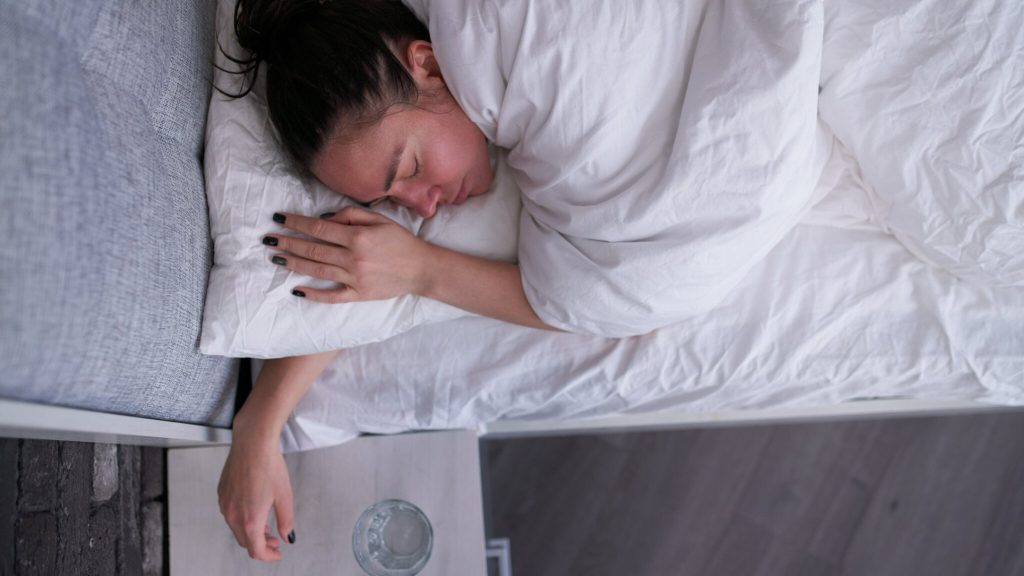If greenhouse gas emissions are not reduced, people around the world could lose an average of two weeks of sleep annually, Scientists say†
smart watches
For their research, they collected data from tens of thousands of smartwatches and wristbands from all over the world. Scientists have linked the times users sleep and wake up with local weather reports. Bottom line: the warmer it is outside, the more difficult it is for people to fall asleep.
According to the researchers, this is because the temperature of the skin and the body becomes more sensitive to the temperature of the environment during sleep.
Not everyone is equally disturbed by the heat during sleep. For example, elderly people have more problems because they sweat less to cool their bodies. If the Earth warms more, people in poor countries, women and residents of countries where it is already hot will feel the effects more strongly.
Lack of sleep
Researchers say it was already known that sleeping in a warm environment is difficult, but according to them, the effect of weather conditions on nighttime sleep has not yet been investigated. They warn that lack of sleep can cause various physical and mental problems.

“Total coffee specialist. Hardcore reader. Incurable music scholar. Web guru. Freelance troublemaker. Problem solver. Travel trailblazer.”







More Stories
GALA lacks a chapter on e-health
Weird beer can taste really good.
Planets contain much more water than previously thought